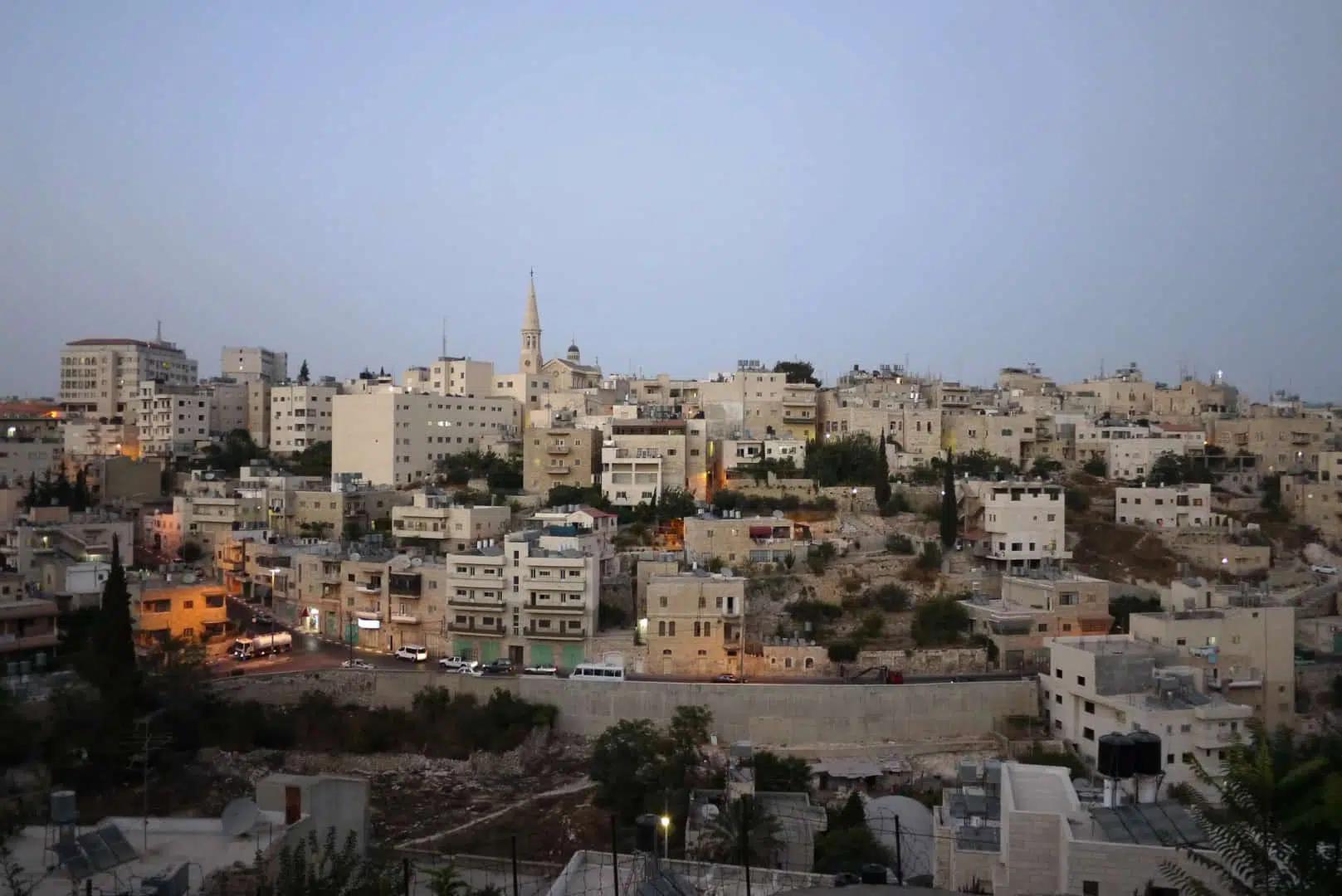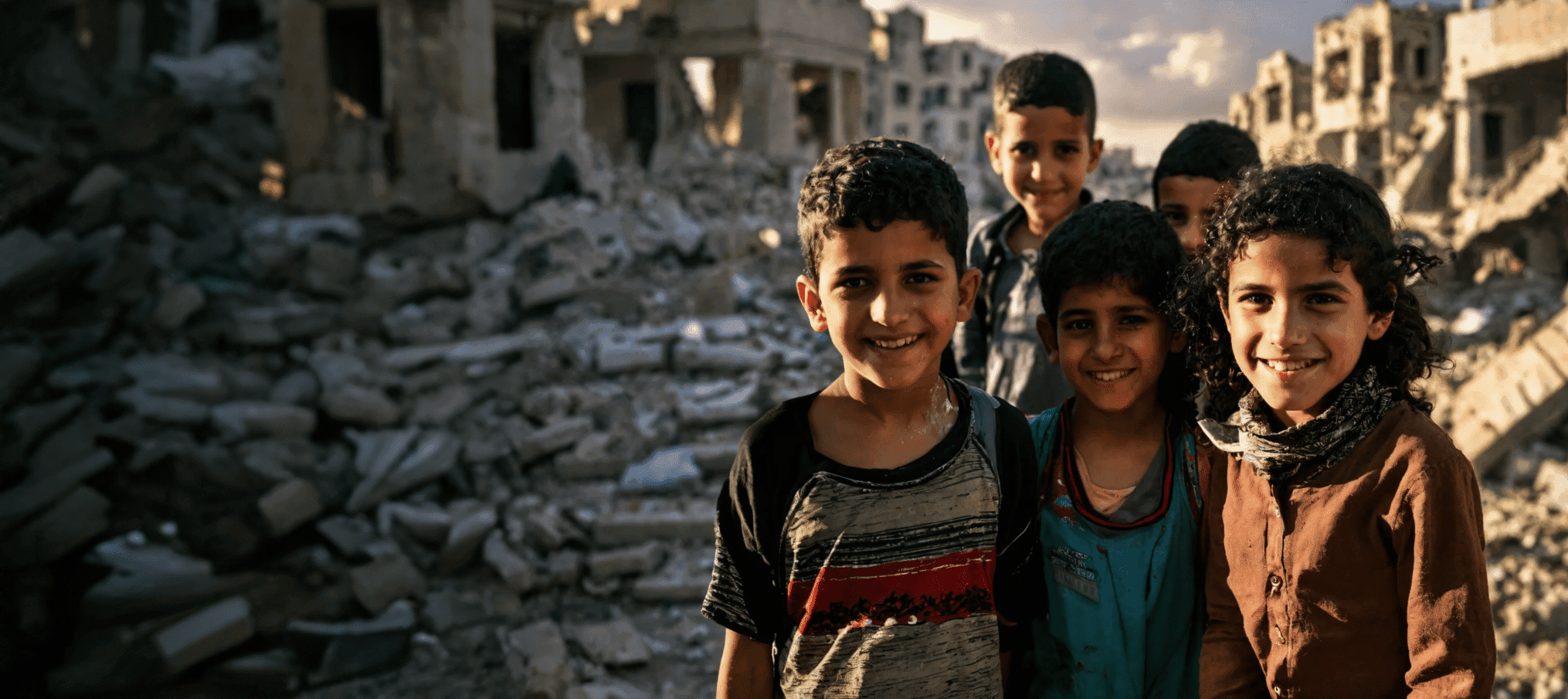In Bethlehem, the place where the Word became flesh and came down among men, the association Pro Terra Sancta is committed on several fronts: in addition to our own Social Center, we collaborate with and support various charitable organizations and schools.
In scope of conservation-related projects, Pro Terra Sancta recovers the abandoned houses of the historic center of Bethlehem, to keep the spark of life alive around the Church of the Nativity. In order to involve the local population, the restoration work is also entrusted to a part of the young local workforce.
The projects of houses rehabilitation and water emergency management in the historic center of Bethlehem have improved the lives of the beneficiary families, allowing them to live in more sustainable and safe conditions, including in terms of hygiene. One of Pro Terra Sancta's major commitments is the installation of rainwater canisters, to deal with the drought problem, and the replacement of jerry cans with more advanced models.
The houses in a state of decay are purchased, registered in the name of the Franciscan Custody, rebuilt and then made available again to the needy. In February 2024, 40 families have received water tanks and solar panels, and the renovation and safety of homes continues uninterrupted, also helping to increase the local economy by creating new jobs. In addition, some spaces are renovated and used for purposes other than housing, from shops designed for the sale of local products to spaces for handicrafts. In fact, the project includes the idea of using some renovated houses to promote inclusive tourism, which involves the local community firsthand.
The added value of this work in Bethlehem, in addition to the assistance offered to families in difficulty, is that the conservation and restoration of Bethlehem's homes gives value to the city itself and its places, central to the life of Jesus and to the Christian community. The well-being of local communities is closely intertwined with the protection of cultural heritage: having access to basic necessities and the resources necessary to survive is essential, but so is preserving one's history and cultural diversity, in order to start living again, and not just surviving.



















